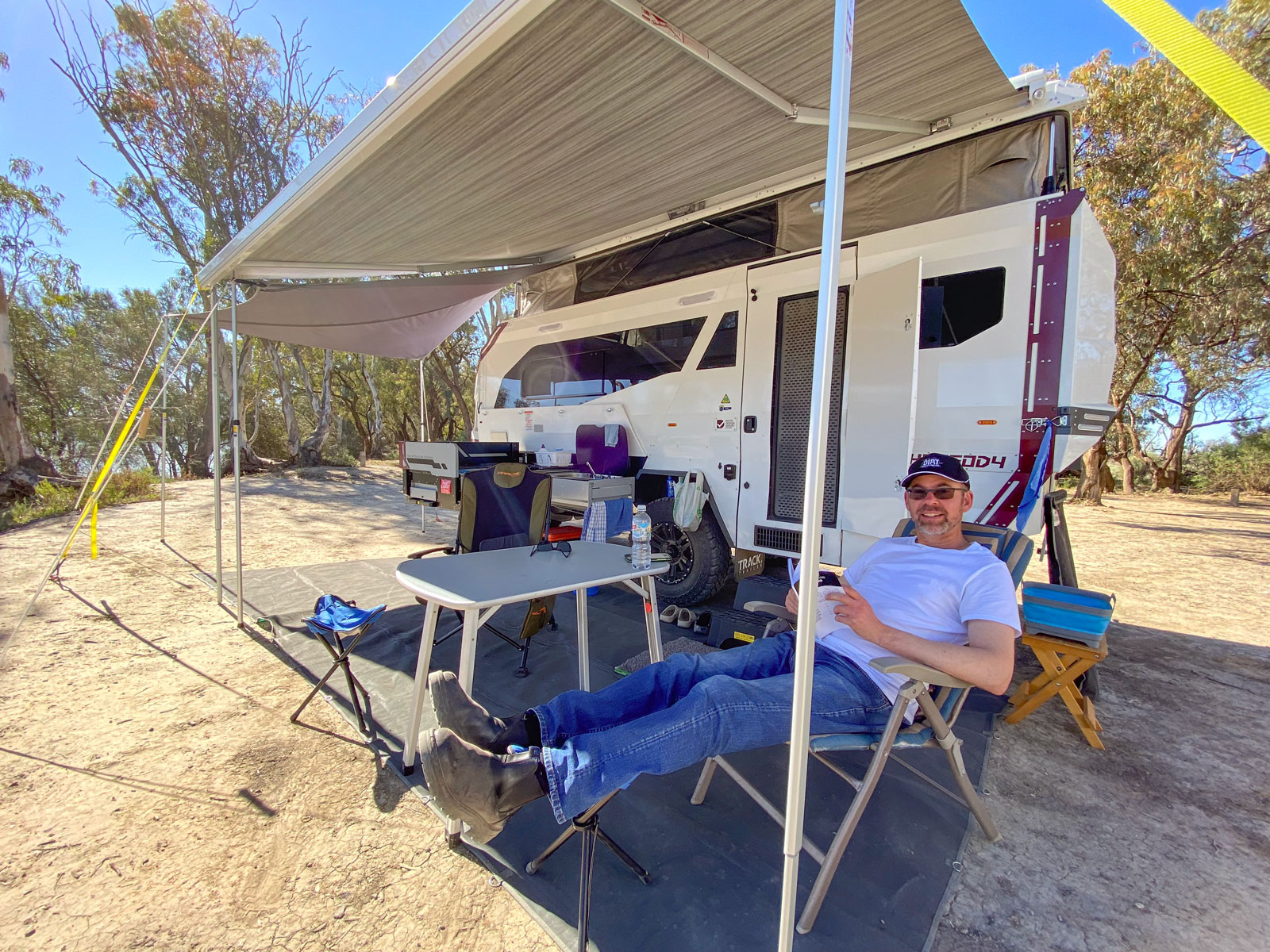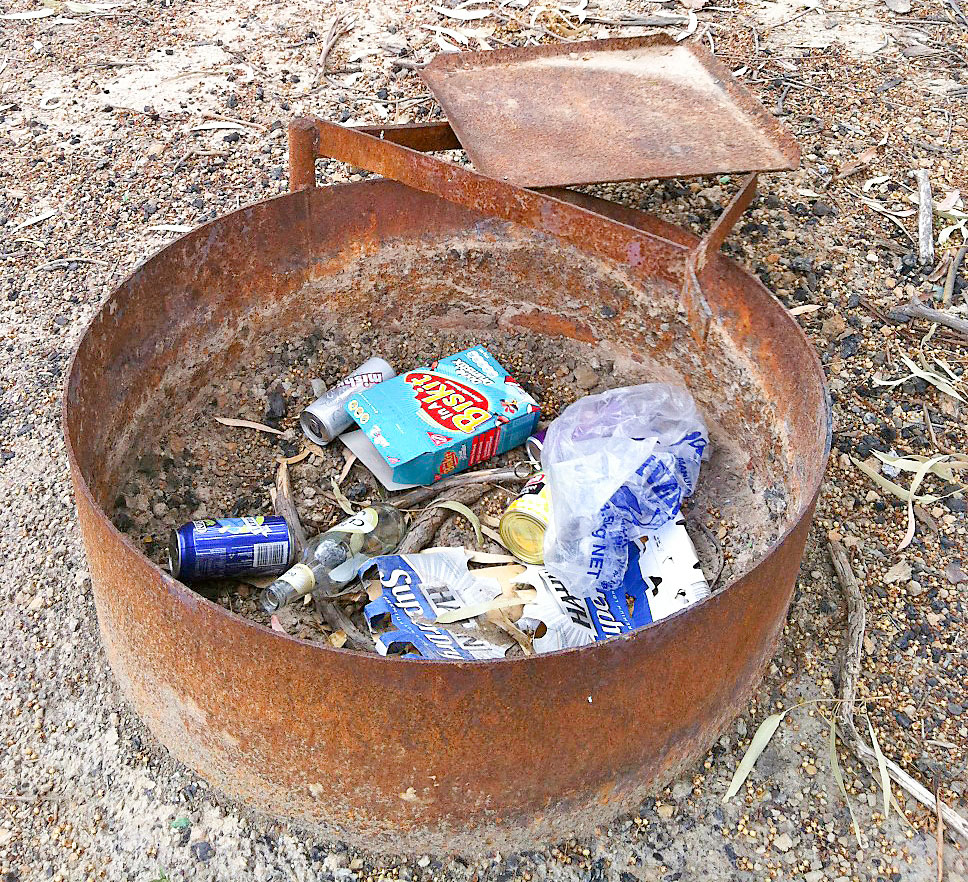ARE YOU A LITTERER?
Going from our last few bush camping experiences, it seems that the all-too-common response is to drop the lid on the ground. Beer and soft drink caps are the most discarded items, so it’s possible that males need the most education.
Waste management is an ongoing issue in the bush, from unburied human waste (code brown) and the associated confetti toilet paper, cigarette butts, general rubbish and now beverage lids.
Bush camping is a privilege. In many cases, we’re camping on private or public land in an area where you go to enjoy the peace and tranquillity of the area. By its very nature, there are limited facilities.



Look to the national park system to see how they deal with waste management. Long drop toilets are installed in key locations, and bins are often provided at the entry/exit of the park to help you do the right thing. There also may be firepits. But these facilities just increase the popularity of these camp areas. Some people, us included, deliberately pick areas that don’t have facilities to avoid the masses.
This is the next social issue we need to deal with, like we have with grey water. We’re now educated that it’s not cool to run your external shower directly on the ground in bush campgrounds. It just creates a big mud pool for the next person. Bring a large silicone bucket or a custom shower pod to capture the water and dispose of it thoughtfully. Many RV friendly towns now direct you to dispose grey water into the dump point.
And then there’s toilet training, educating travellers to bury their human waste. If you’ve ever camped in the general campground at Arkaroola and surrounds where the area seems to be one gigantic rock, unburied human waste is an all too familiar sight.

So, what can be done? Here’s a few ideas
1. Think about it!
What do you do with your lids? Are you a dropper? Do you pop the champagne cork into the night sky or put it on the end of the table where it’s ultimately blown off or knocked to the ground? I’ll often put lids in my pocket when in a food coma around the fire or just too lazy to move, and bin it later.
Avoid throwing into the firepit, whether it be roaring or not even lit. It’s not a bin!
2. Cans are the new stubbies
Cans make a lot more sense than stubbies for camping. They’re easier to pack in the fridge, stack better, can be crushed after use, and take up less room in your rubbish. But the kicker is that the lid stays intact, so there’s no lid disposal issue. Winner!
3. Call your friends out
If you see your friends doing the wrong thing, call them out. Whether it be littering with cigarette butts, beverage lids, and other faux pas, they need to be educated.
4. Secure your rubbish
While a lid may initially find its way to your camper bin, ensure you secure that rubbish bag overnight. Animals may ferret away in there, spreading it across the landscape and wind will do the rest.
5. Increase the cost of camping
If we as campers can’t do the right thing, then maybe the answer is to increase the cost of camping. Add site managers or camp hosts, install more bins and toilets, add fines for littering, and impart that cost on the user.
Like other waste management issues, beverage lid disposal has become another stain on society and unless we do something about it, these beautiful resources that we currently have access to, may no longer be available.
Together we can do our bit to keep Australia beautiful and this includes considering beverage lid disposal amongst other waste management issues.




